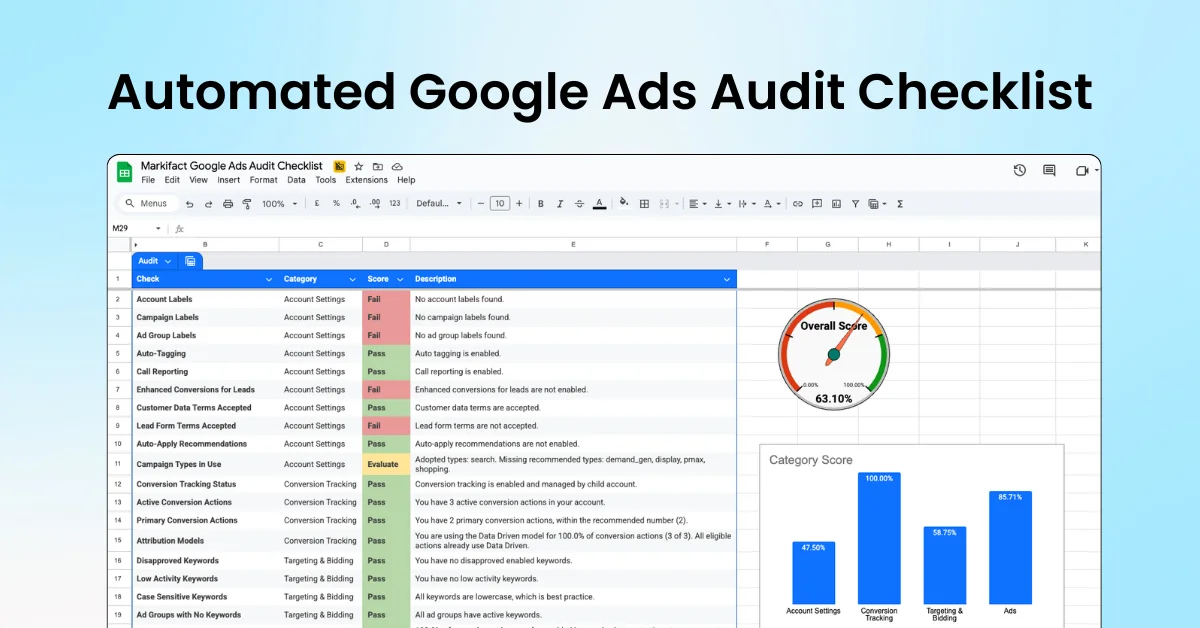The EU Commission has found that X (formerly Twitter) is violating the EU Digital Services Act (DSA) by selling verification ticks, misleading users, and promoting misinformation. This finding could also affect Meta's similar offerings. The Commission criticized X for lacking advertising transparency and restricting researcher access. Elon Musk plans to contest these findings in court, alleging illegal censorship by the EU. X risks fines or expulsion from the EU if it fails to comply.
Preliminary Findings
The Commission's investigation, which included internal document analysis and expert interviews, identified three main areas of non-compliance:
- Verification Ticks: X's sale of verification ticks does not align with industry standards, misleading users about account authenticity and enabling malicious actors to deceive users.
- Advertising Transparency: X fails to provide a reliable advertisement repository, hindering supervision and research into online advertising risks.
- Data Access for Researchers: X restricts researchers' access to public data and imposes high fees for API access, discouraging research.
Potential Consequences
If the Commission's preliminary views are confirmed, X could face:
- Fines up to 6% of its total worldwide annual turnover.
- Orders to address the breaches.
- Enhanced supervision to ensure compliance.
- Periodic penalty payments to enforce compliance.
Background
X was designated as a Very Large Online Platform (VLOP) under the DSA in April 2023. The Commission's formal proceedings, opened in December 2023, focus on illegal content dissemination, information manipulation, dark patterns, advertising transparency, and data access for researchers.
Broader Implications
The Commission has also initiated proceedings against other platforms like TikTok, AliExpress, and Meta. This case will test the EU Commission's enforcement powers and could set a precedent for verification systems' compliance with EU regulations. Elon Musk may remove the X Premium package from the EU to address the primary issue, but he is currently prepared to contest the findings.
The outcome of this legal battle will be crucial in determining the future of verification systems and their compliance with EU regulations.



















